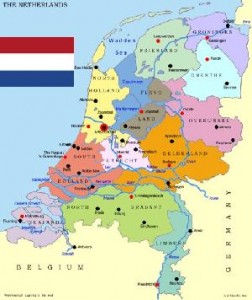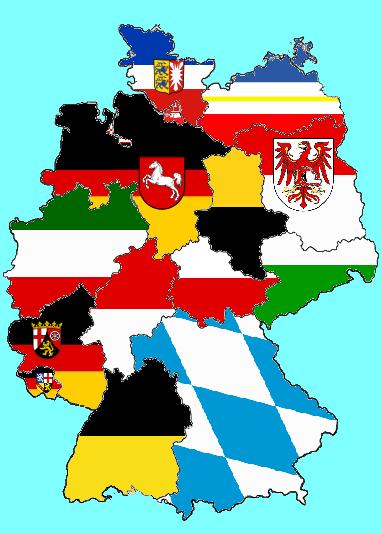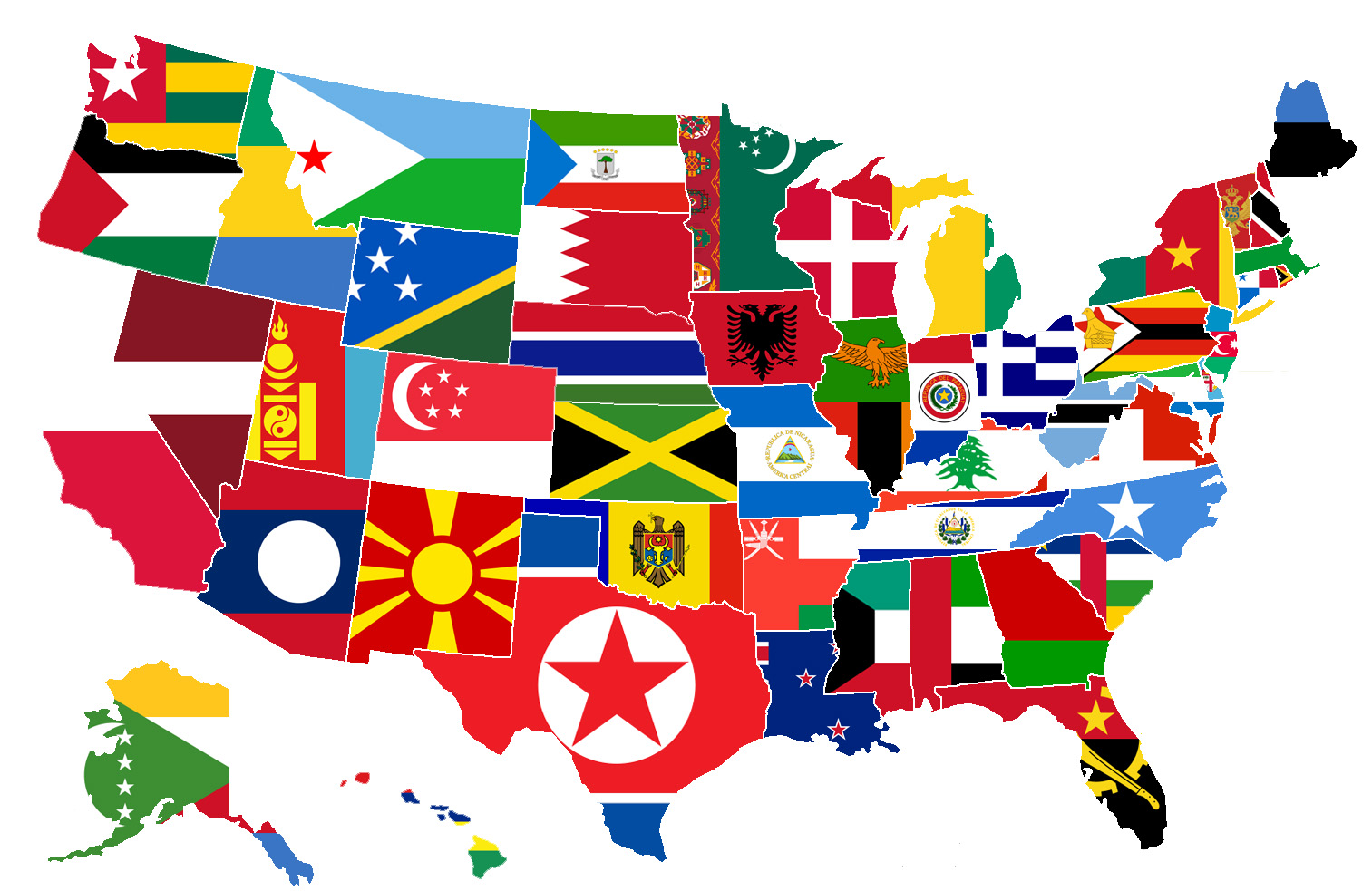Netherlands
 The Netherlands is a country found in mainland Europe. It is on the West with an extensive coastline to the North Sea. It was the first non-native English speaking country to offer international students courses taught in English. The duration of a study in the Netherlands is similar to other countries. A Bachelor’s Degree is usually a 3 to 4 years course while a Masters program might take at most 2 years. As for PhD, the student will have to go through 4 years of study to get that.
The Netherlands is a country found in mainland Europe. It is on the West with an extensive coastline to the North Sea. It was the first non-native English speaking country to offer international students courses taught in English. The duration of a study in the Netherlands is similar to other countries. A Bachelor’s Degree is usually a 3 to 4 years course while a Masters program might take at most 2 years. As for PhD, the student will have to go through 4 years of study to get that.
The country has been revered when it comes to higher education and that might have to do with the fact that 4 universities it hosts are in the QS Top 100. This explains why a lot of students around the world want to study in the Netherlands. If you are reading this, you are probably one of those students. Just keep reading to find out the procedure that it takes to get a student visa to the country.
Keep in mind that the word Holland and Netherlands are usually used interchangeably in many other websites. But in reality, Holland is a subregion of Netherlands. So the procedure described below is for both.
What papers do you need to enter the Netherlands?
For any person that wants to study in the country it might be required to get a residence permit first. This rule does not apply to all nationalities and the permit issued also depends on the duration of the study. An individual who is not from a country of the European Union will have to get that residence permit if he wants to study for more than 3 months.
How to get the residence permit
The most important thing for those who want to study in Holland is to first get admitted to the university of interest. After that, the educational institution that is going to host the student will take care of requesting for the residence permit. That said, only institutions recognized by the Dutch Immigration and Naturalization Service (IND) are allowed to request for residence permit. So before trying to get admitted to any college in Netherlands, do a background check to know if it is recognized or not. A list of recognized institutions can be found at www.internationalstudy.nl
Conditions to fulfill to get the residence permit
Only students who meet certain requirements can stand a chance to get the residence permit. Here are the documents you need assemble:
- Provide documents as proof of sponsorship from an educational institution
- The course registered has to be a full time day course
- Provide proof of having sufficient money to take care of the accommodation and other bills (the cost of living for higher education students is €800
- Provide a valid passport that would expire 3 months after the study is over.
- You shouldn’t have any criminal record
- You should have a health insurance that you can rely on while in Netherlands
- Depending on the country you are coming from, you may be required to also take a TB test
Even if you end up getting the residence permit, to keep it valid during the entire period of time you are in Holland, you will have to maintain an adequate educational progress. Your grades are expected not to be below average every year. That is going to be checked by the institution you have been admitted to. In case of bad grades the permit might be withdrawn.
Assisting the school in getting you the permit
It is the educational institution that you got admitted into that will be in charge of applying for the residence permit for you. In order to be granted that permit, the institution will have to demonstrate that you fulfill the conditions and they will need certain documents from you to do that. Example of such documents are those that prove you have sufficient funds and a copy of your passport. You will also need a legalized and translated birth certificate
The cost of the procedure
It is going to cost some money for the IND to process the papers submitted for the application. The student will have to pass through the institution he wants to study in to pay the visa fee for him. So the money is first sent to the university which will then pay it to IND. The rate for for fee should be around EUR 60. You can check the IND website to know if there any change with respect to the fee.
Officially IND has up to 90 days to make a decision but in average applicants get their response within 2 weeks.
The application process
After sending all necessary documents to the institution you are going to be studying in, they will go ahead and submit all them for the application of the residence permit. Before been granted the final residence permit you may first be granted a Regular Provisional Residence Permit which is referred to in Netherlands as MVV. People coming from certain countries like the United States and Canada do not need that.
Once the application is through and the IND has indicated that it will grant the permit, you will be informed by your school and you can then come to the country. If you are from a country where it is required to have an MVV first, you can collect that document from the embassy in your country and take it along to the Netherlands within 3 months. Once in Netherlands, you can collect the final residence permit.
The validity of the permit is usually the duration of the course itself plus an additional 3 months. Depending on the situation at hand you might be able to extend the period to up to 5 years maximum. If you need to complete a foundation year in the country, that will be taken into consideration.
Keep in mind that there are rules to abide to if you want your residence permit to remain valid otherwise it will be withdrawn. Take the time to properly inform yourself once in the country.
Why study in Netherlands
Netherlands is the birthplace of Nobel Prize winners, groundbreaking artists and daring philosophers. The teaching programs in the country are designed to allow the students to be adventurous and creative. They are taught to think out or the traditional approach to come up with innovative ideas that will change the world.
In Holland you will also get the chance to explore cities like Amsterdam and Haarlem where you will get connected with other international students and that will expose you to the different opportunities around the world. The level of education in the country is high. That has to do with a national system which regulates and makes sure that any institution that want to be recognized follows those rules. There is a law that makes sure that all degrees are evaluated against a specific set of criteria before getting approved.
On top of that the Dutch teaching style is interactive and student centered. The learners are encouraged to work in teams and that allows them to have a much more open mind and increase international orientation. The money spent for a degree in Netherlands is certainly not a waste. It will raise you to the level of international recognition and you should be able to get a job anywhere in the world.
Popular univerities in Netherlands









